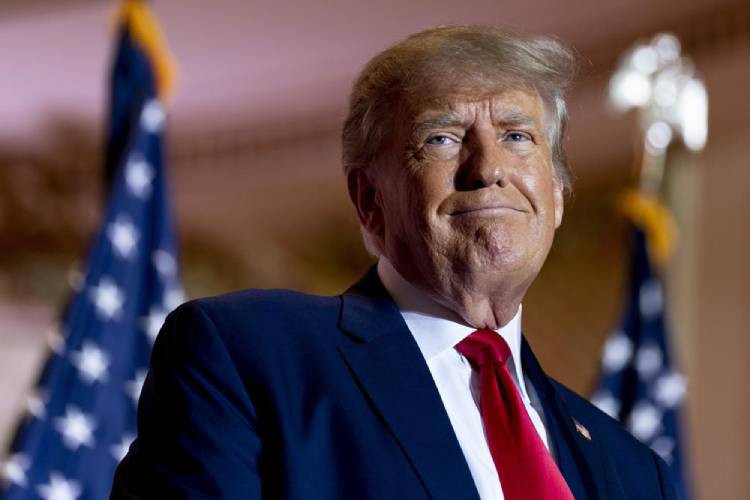×
The Standard e-Paper
Informed Minds Prefer The Standard

Audio By Vocalize

Donald Trump has been indicted by a Manhattan grand jury, a historic reckoning after years of investigations into his personal, political and business dealings and an abrupt jolt to his bid to retake the White House.
The exact nature of the charges was unclear Friday because the indictment remained under seal, but they stem from payments made during the 2016 presidential campaign to silence claims of an extramarital sexual encounter.
